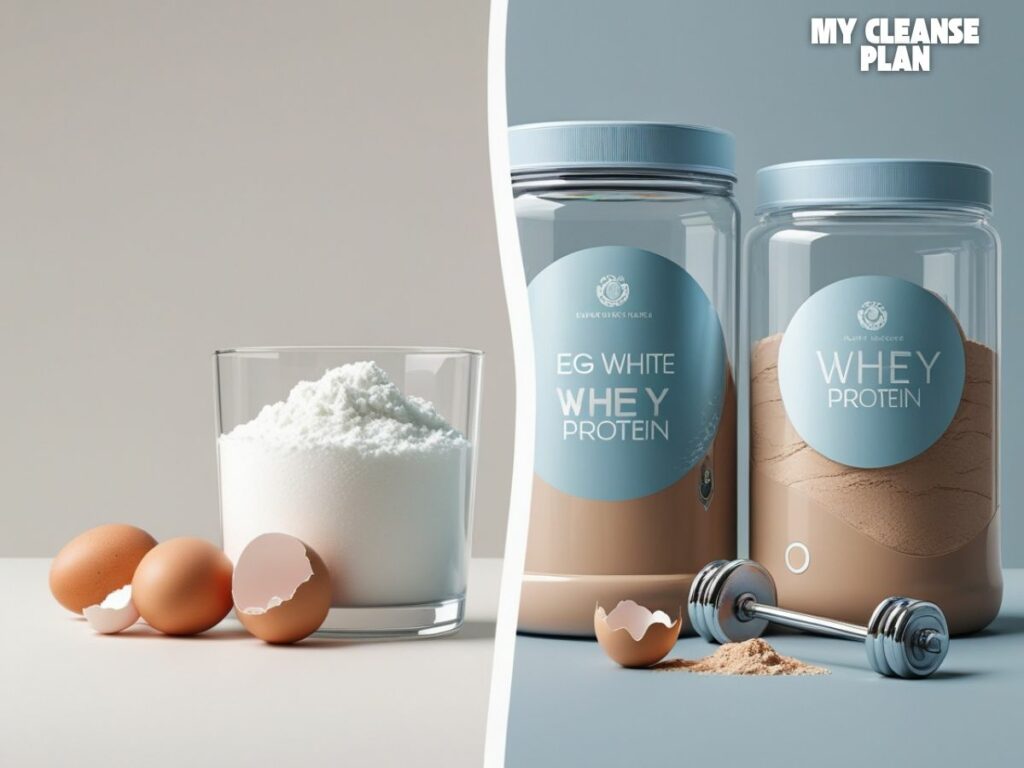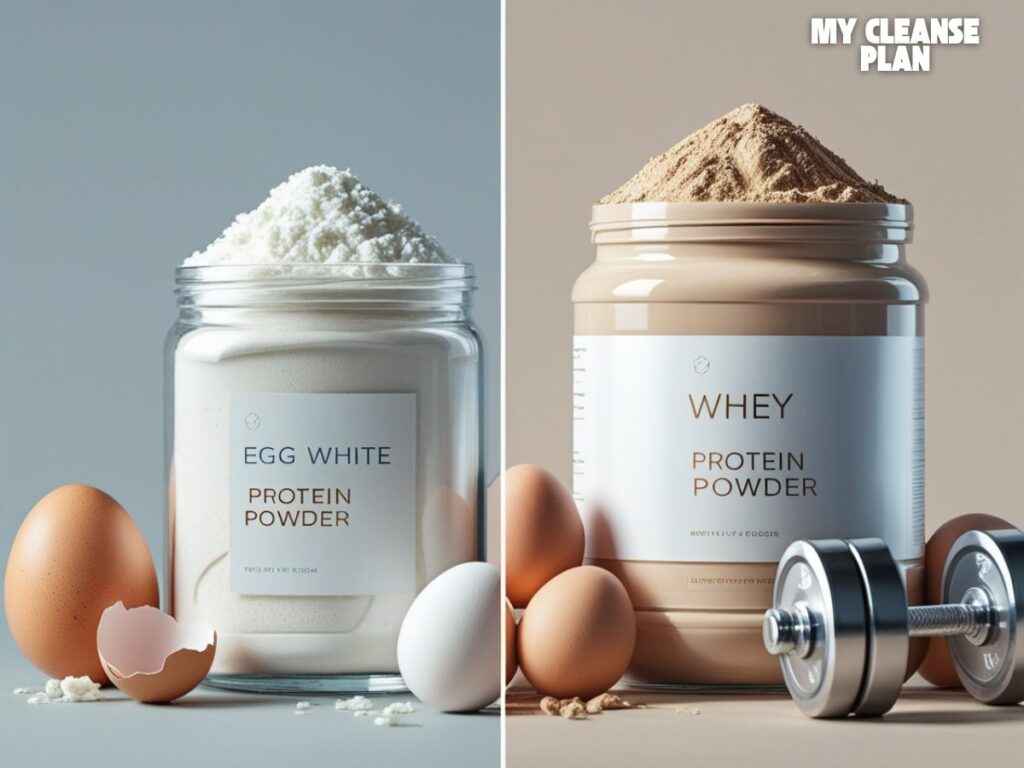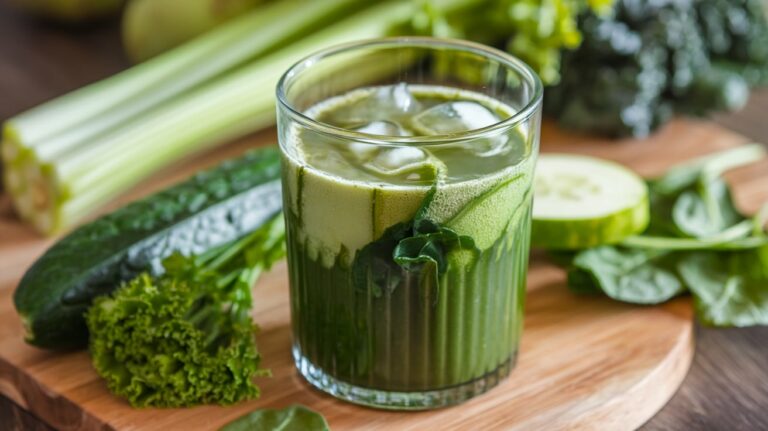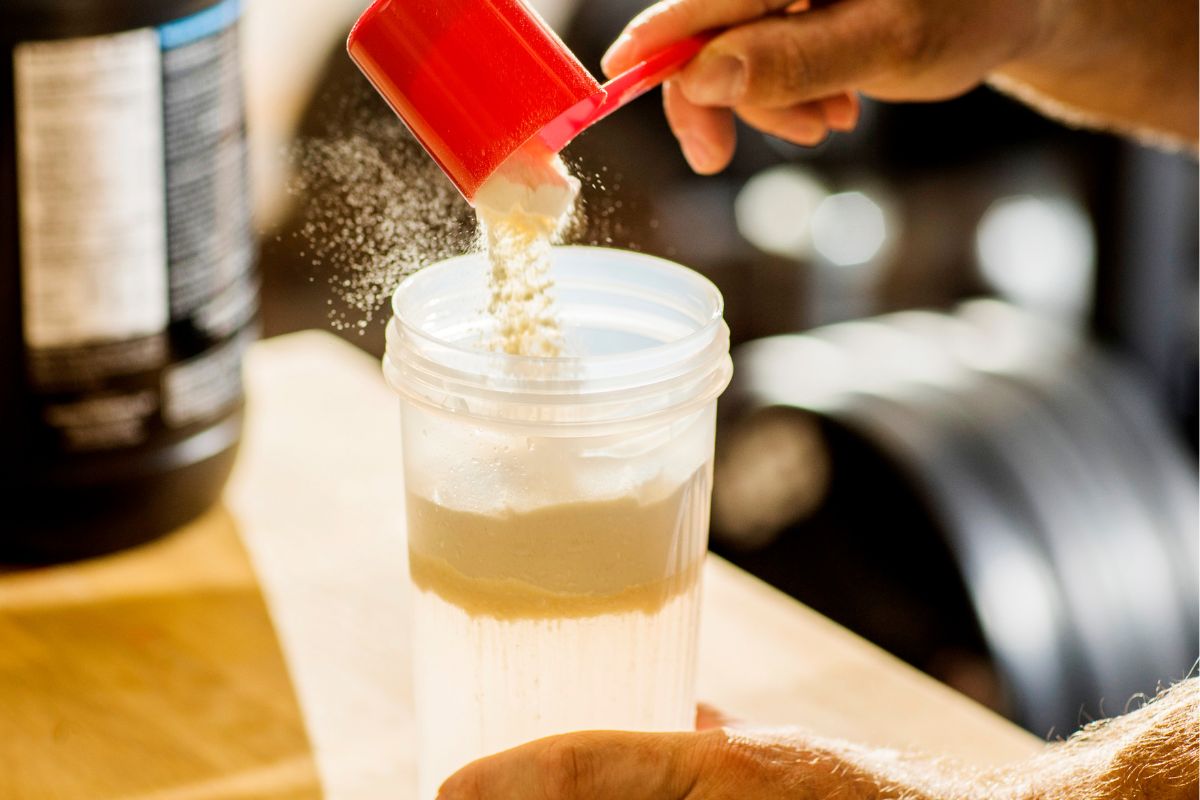Egg White Protein Powder vs Whey: Which Is Better for Your Fitness Goals?
Related Keywords: Egg white vs whey protein, egg white protein vs whey protein, egg white vs whey protein powder
You’re hitting the gym hard, crushing your workouts, and fueling your body with nutritious foods.
But when it comes to protein powder, you’re stuck in a dilemma: egg white protein powder vs whey protein.
Both are popular choices, but which one is truly better for helping you achieve your goals?
Today, we’ll dive deep into the pros and cons of each of them, so you can make an informed decision and take your workout routine to the next level. Let’s find out!

Key Takeaways
Expert Guide
Understanding Protein: The Building Block of Muscle
Protein is essential for muscle growth and repair. When you lift weights, you create microscopic tears in your muscle fibers.
Protein helps rebuild these fibers stronger and bigger, leading to increased muscle mass.
Protein also plays a crucial role in various bodily functions, including hormone production, immune system support, and enzyme activity.
Before we jump into the nitty-gritty, let’s get one thing straight: both egg white and whey protein powders are excellent sources of high-quality protein. But as we all know, the devil’s in the details.
So, let’s break it down and see how these two protein powerhouses stack up against each other.

Egg White Protein Powder: The Lean Machine
Egg white protein powder is derived from the clear liquid part of eggs. It’s a popular choice for those looking for a lean protein source with minimal fat and carbohydrates.
Here’s why egg white protein powder might be a good fit for you:
- Low in Calories and Fat: Egg white protein powder is naturally low in calories and fat, making it ideal for those watching their weight. A typical serving contains around 100 calories and less than 1 gram of fat.
- High in Protein Content: Egg white protein powder is packed with protein, typically around 25 grams per serving. This makes it an excellent choice for building and repairing muscle tissue.
- Hypoallergenic: Egg white protein powder is often hypoallergenic, making it a suitable option for individuals with dairy sensitivities or allergies.
However, there are some downsides to consider:
- Limited Amino Acid Profile: While egg white protein powder is a good source of protein, it lacks certain essential amino acids, such as leucine, which is crucial for muscle protein synthesis.
- Taste and Texture: Egg white protein powder can have a slightly bland taste and a chalky texture, which some find unappealing.
- Cost: Egg white protein powder can be more expensive than whey protein powder.
Whey Protein Powder: The Muscle Builder
Whey protein powder is a by-product of cheese production. It’s a complete protein source, meaning it contains all nine essential amino acids.
Here’s why whey protein powder is a popular choice:
- High in BCAAs: Whey protein powder is rich in branched-chain amino acids (BCAAs), which are essential for muscle growth and recovery.
- Fast-Digesting: Whey protein powder is quickly absorbed by the body, making it an excellent option for post-workout recovery.
- Versatile: Whey protein powder can be added to smoothies, shakes, yogurt, oatmeal, and even baked goods.
But, there are some drawbacks to consider:
- High in Lactose: Whey protein powder is derived from milk, so it contains lactose. Individuals with lactose intolerance may experience digestive issues after consuming whey protein powder.
- Potential for Allergies: Some people are allergic to whey protein.
- Calorie Content: Whey protein powder can be high in calories, especially if you choose flavored or sweetened varieties.

Egg White Protein Powder vs Whey: Which One Wins?
The choice between egg white protein powder and whey protein powder ultimately depends on your individual needs and preferences.
Here’s a quick comparison:
| Feature | Egg White Protein Powder | Whey Protein Powder |
| Protein Content | High | High |
| Fat Content | Low | Moderate |
| Calorie Content | Low | Moderate |
| Lactose Content | None | High |
| Amino Acid Profile | Incomplete | Complete |
| Digestion Speed | Moderate | Fast |
| Taste | Bland | Varies |
| Cost | Higher | Lower |

If you’re looking for a lean protein source with minimal calories and fat, egg white protein powder is a good option.
However, if you need a complete protein source with a faster absorption rate and a wider range of amino acids, whey protein powder might be a better choice.
For those with lactose intolerance or dairy allergies, egg white protein powder is a safer alternative.
Choosing the Right Protein Powder for Your Fitness Goals
Now that you have a better understanding of egg white protein vs whey protein, it’s time to determine which one is the better choice for your specific fitness goals.
Building Muscle Mass
If your primary goal is to build and maintain lean muscle mass, both egg white and whey protein can be effective.
However, whey protein may have a slight edge due to its higher BCAA content, which is crucial for muscle protein synthesis.
Weight Loss
For individuals looking to shed excess pounds, egg white protein may be the better option.
Its low-calorie, low-carb profile makes it an excellent choice for those following a calorie-restricted diet or a low-carb lifestyle.
Improving Digestion
If you struggle with digestive issues or have sensitivities to dairy, egg white protein may be the better choice.
Its easy-to-digest nature can be gentler on the stomach compared to whey protein.
Overall Nutritional Profile
Egg white vs whey protein powder? Well, both egg white and whey protein are high-quality, nutrient-dense options.
However, egg white protein may have a slight advantage when it comes to overall nutritional value, as it’s free from lactose and other potential allergens.
In the battle of egg white protein powder vs whey protein, there is no clear-cut winner.
Both offer high-quality, complete proteins that can support your fitness goals in different ways.
The best protein powder for you will depend on your individual needs, preferences, and fitness objectives.
Explore Also:
Creativehouseblog
Dietsheriff
Gigasecurehome
Consider factors like digestion, allergens, cost, and your specific muscle-building or recovery goals when making your decision.
Egg White Protein Powder vs Whey – FAQs
Egg white vs whey protein – which one has a higher protein content?
Both egg white and whey protein powders typically contain around 20-25 grams of protein per serving, so they are comparable in their protein content.
Which protein powder is better for building muscle?
Whey protein may have a slight edge for building muscle mass due to its higher content of branched-chain amino acids (BCAAs) like leucine, which are crucial for muscle protein synthesis.
Is egg white protein better for weight loss than whey protein?
Yes, egg white protein may be the better choice for weight loss goals, as it is lower in calories and carbs compared to whey protein.
Can people with lactose intolerance consume whey protein?
No, people with lactose intolerance should avoid whey protein, as it is derived from dairy and contains lactose. Egg white protein is a better option for those with lactose intolerance or dairy allergies.
Can I mix egg white and whey protein powders together?
Yes, you can mix them. Some people choose to combine different protein sources to benefit from the unique advantages of each. However, it’s always best to consult with a nutritionist or fitness professional for personalized advice.






